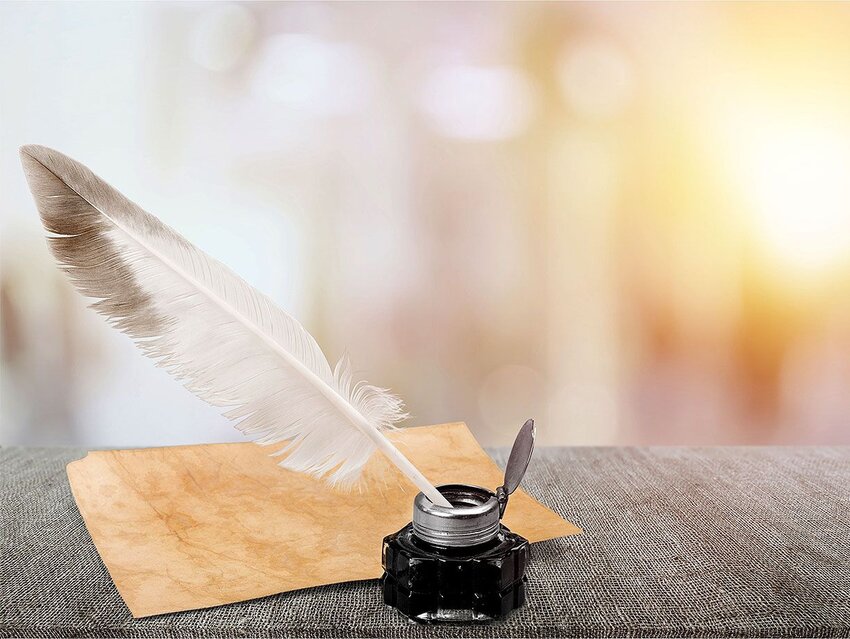English is a living language, meaning it has evolved over time and continues to change as its users add new words, phrases, and slang, while also discarding terms that are no longer relevant. What was once considered “proper” English would be nearly unrecognizable to most of us.
While they’re all called “English,” Old, Middle, and Early Modern English vary in pretty drastic ways. In fact, what many people think of today as Old English (with “thy, “thee,” and “thou”) is actually Middle English or Early Modern English.
Old English, the language of the Anglo-Saxons, arrived in Britain in the fifth century and slowly evolved into Middle English after 1066. In turn, Middle English, with Latin and French influences and irregular spellings, evolved into Early Modern English (also called Shakespearean English) around the 15th century.
Early Modern English, which uses the same alphabet we use today, can be challenging to read due to spelling, usage, and punctuation variations, but it still bears a reasonable enough resemblance to Late Modern English (what we speak) to be understood.
Keeping in mind the variations in Old English, Middle English, and Early Modern English, here are some delightful “old” English words that we’d love to start using again.
Old English Words
Morrow
Dating back to a first-century Old English word, “morrow” still appears occasionally in contemporary literary use. It can mean “morning” or “the next morning” (where “tomorrow” comes from).
Example: “It was a beautiful morrow to celebrate a wedding.”
Soothfast
Derived from a ninth-century Old English word, “soothfast” is an adjective that means “speaking the truth; truthful.”
Example: “The professor’s written comments were both witty and soothfast.”
Middle English Words
Hark
This 12th-century Middle English verb, meaning “to listen to; hear with active attention,” may be familiar to modern ears due to the Christmas carol, “Hark! The Herald Angels Sing,” written in 1739.
Example: “Hark! Is that the sound of the first bluebird of the season?”
Verily
This 14th-century word, meaning “as a matter of truth or fact,” is used to emphasize the truth of a statement.
Example: “I was thrilled with the performance, verily!”
Early Modern English Words
Bedward
This cozy adverb dates to the 16th century and means “toward bed” or “in the direction of bed.”
Example: “I believe it’s time to move bedward. I can hardly keep my eyes open.”
Brabble
This 16th-century noun is a softer way to describe “noisy, quarrelsome chatter.”
Example: “The boys had a bit of a brabble over who would get to open the new box of cereal and look for the toy.”
Elflocks
Meaning “a tangled mass of hair,” this 16th-century noun, which was originally attributed to the work of elves, sounds so much better than the modern-day “bedhead.”
Example: “She woke up from a nap with her hair in elflocks.”
Grubble
Initially used in the 17th century, “grubble” means “to grope or scrape together.”
Example: “I don’t have a dollar for the vending machine, but I’ll grubble through my pockets for some change.”
Rouzy-bouzy
Meaning “boisterously drunk,” this amusing term dates to the 16th century.
Example: “The pub was filled with rouzy-bouzy football fans.”
Snow-broth
This whimsical wintery noun dates to the early 17th century and literally means “melted snow or the water produced by the melting of snow.”
Example: “A puddle of snow-broth had accumulated around their coats and boots by the fireplace.”
Featured image credit: artisteer/ iStock

